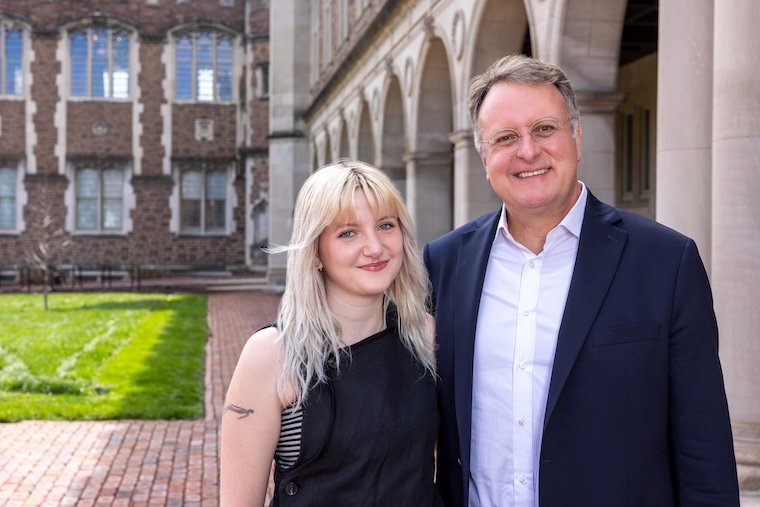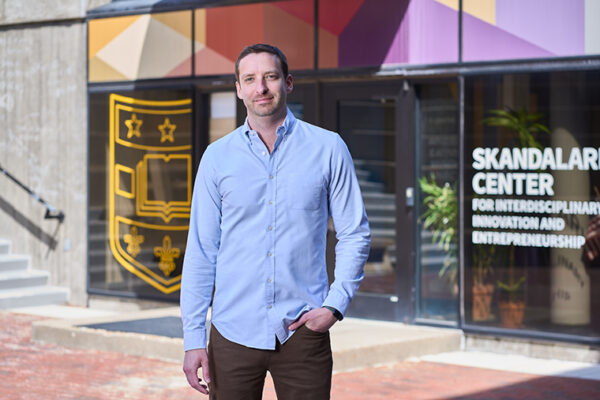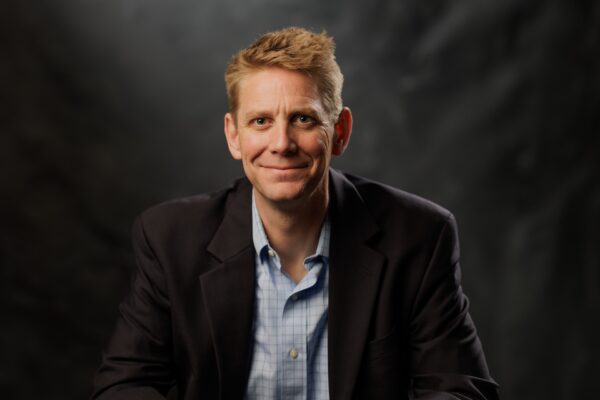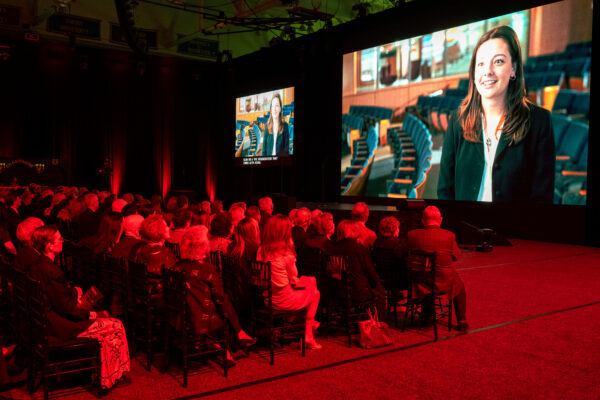When attorney Kirk Ogrosky, AB ’92, became deputy chief of the criminal fraud section at the Department of Justice in 2006, the government’s method for investigating fraud against federal health-care programs needed an update — and he aimed to provide it.
Traditionally, Medicare and Medicaid used a “pay and chase” model, whereby payments were investigated long after they had been disbursed. This gave fraudsters ample time to pack up shop, move to a new location and continue billing the government for phony prescriptions or unnecessary medical equipment under a new name.
Ogrosky’s Medicare Fraud Strike Force turned the tables. The team was the first law-enforcement group to use sophisticated data analysis to catch fraudulent billing patterns almost as soon as they occurred. This new approach created a 40% increase in annual indictments. Since its inception, the strike force has prosecuted more than 5,800 defendants who collectively billed health-care programs over $30 billion.
In 2010, Ogrosky, who earned his law degree at George Washington University, shifted to private practice. Now a partner with Goodwin Procter LLP’s government enforcement defense group in Washington, D.C., he works with a team of former federal prosecutors to represent pharmaceutical and medical device manufacturers, teaching hospitals, physicians, executives and researchers. He also teaches a class about health-care fraud as an adjunct professor of law at Georgetown University.
Ogrosky’s 30-year legal career — including 10 years as a federal prosecutor — has its roots at WashU, where he majored in economics and psychology. Grateful for his education, he gives back by serving on the Arts & Sciences National Council and the Washington-Baltimore Regional Cabinet. He also joined the Parents Council after his daughter, Margo, Class of 2026, chose to attend WashU. He and his wife, Holly Barker, are scholarship donors.
What does WashU mean to you?
My WashU education has led to a lifetime of curiosity and learning. As an only child from a rural Kentucky town and a high school graduating class of 75, my experience at the university was eye-opening. It was a time for me to learn about music, art, authors, philosophy and much more. I also made lifelong friends at WashU. While I learned a great deal from my professors, I learned just as much from my friends and classmates.
How did your time at WashU influence your career?
During high school, I thought that I would go to law school, but I didn’t know any lawyers or what practicing law meant.
My first year at WashU, I loved both microeconomics and macroeconomics, but I felt more drawn to the material in the microeconomics courses. My sophomore year, I took “Theory of Property Rights,” co-taught by economics professors John Drobak, who is also the George Alexander Madill Professor of Real Property & Equity Jurisprudence at WashU Law, and the late Douglass North. The class helped me conceptualize economics in a different way and led me to my second major, psychology.
It seemed to me at the time that the assumptions economists made in modeling often lacked the insight psychologists brought to the table. Professor Drobak furthered my interest in studying law and served as a reference for my law school applications.
WashU provides one of the best undergraduate educations in the world. My evenings and weekends in Olin Library focused my work ethic, organizational skills and writing. Writing was perhaps my weakest skill when I arrived at WashU, and the Arts & Sciences curriculum helped me sharpen my ability. Persuasive and focused writing is one of the most important skills for a trial attorney. You also need to understand how people think and react when confronted with different kinds of evidence, and gaining deep knowledge of this is part of the value of an Arts & Sciences education.
What motivates you to give back?
I could not have attended WashU without financial aid. My parents and grandparents were public school teachers, and I was a Pell Grant recipient and work-study student.
For three years as an undergraduate, I supervised student phonathon callers who raised money for the university. The alumni we talked to helped make it possible for students like me to attend WashU. While my first gift to the university during my junior year in 1991 wasn’t much, it was a way for me to pay it forward. I feel it’s incumbent on the WashU community to support scholarships. My scholarship allowed me to obtain a world-class education, an exciting career and now a shared experience with my daughter.



